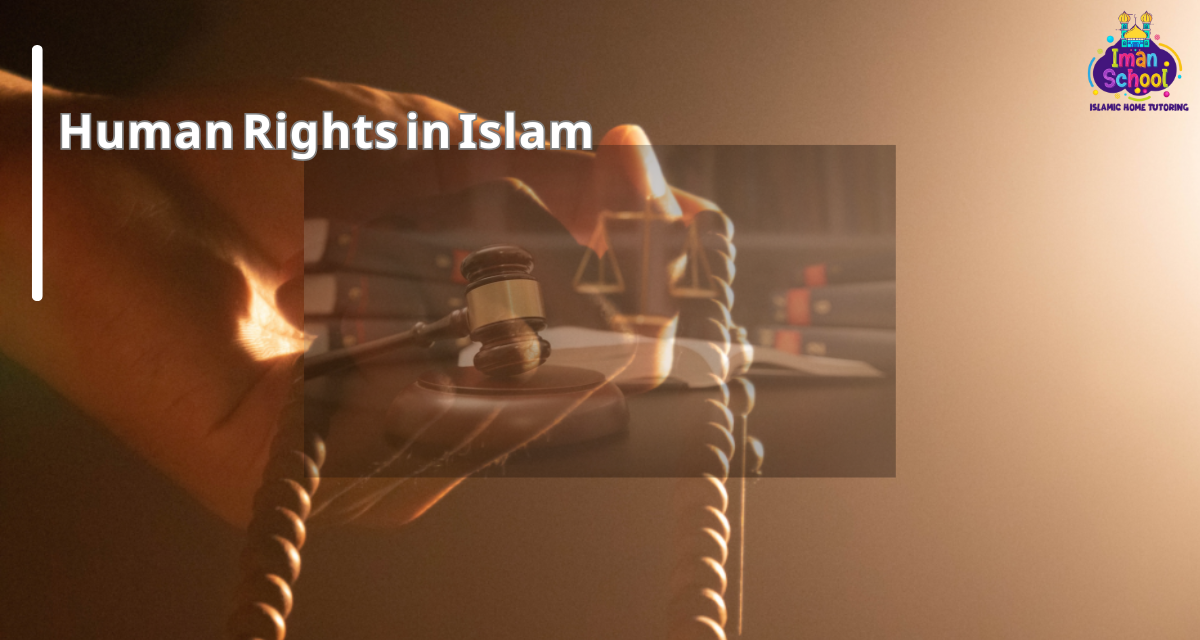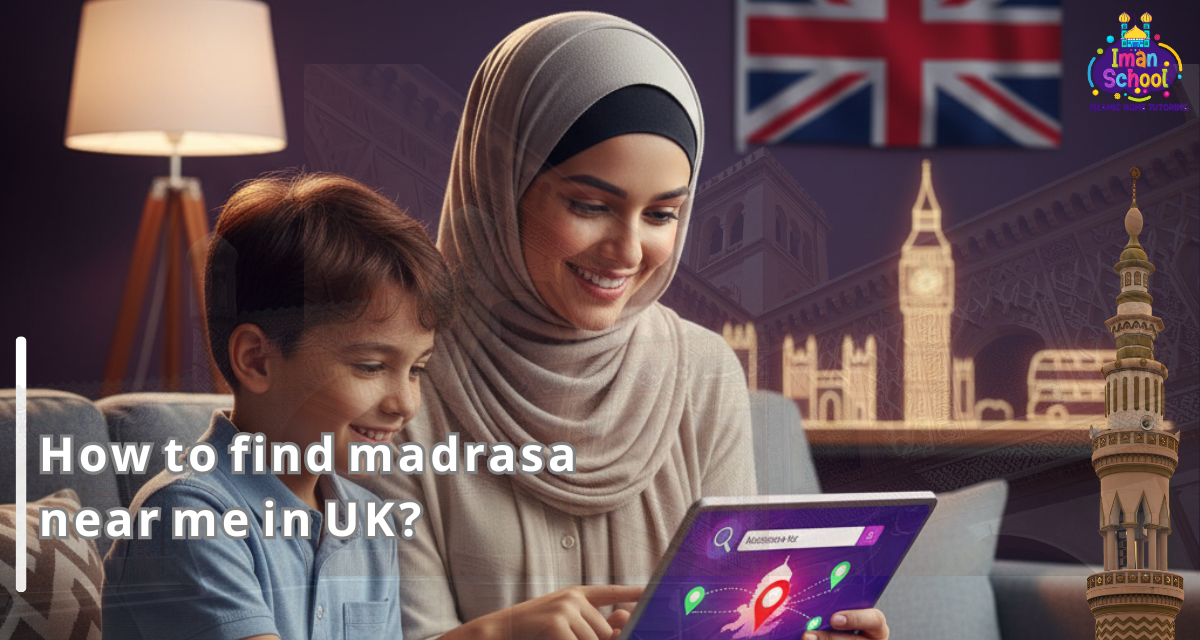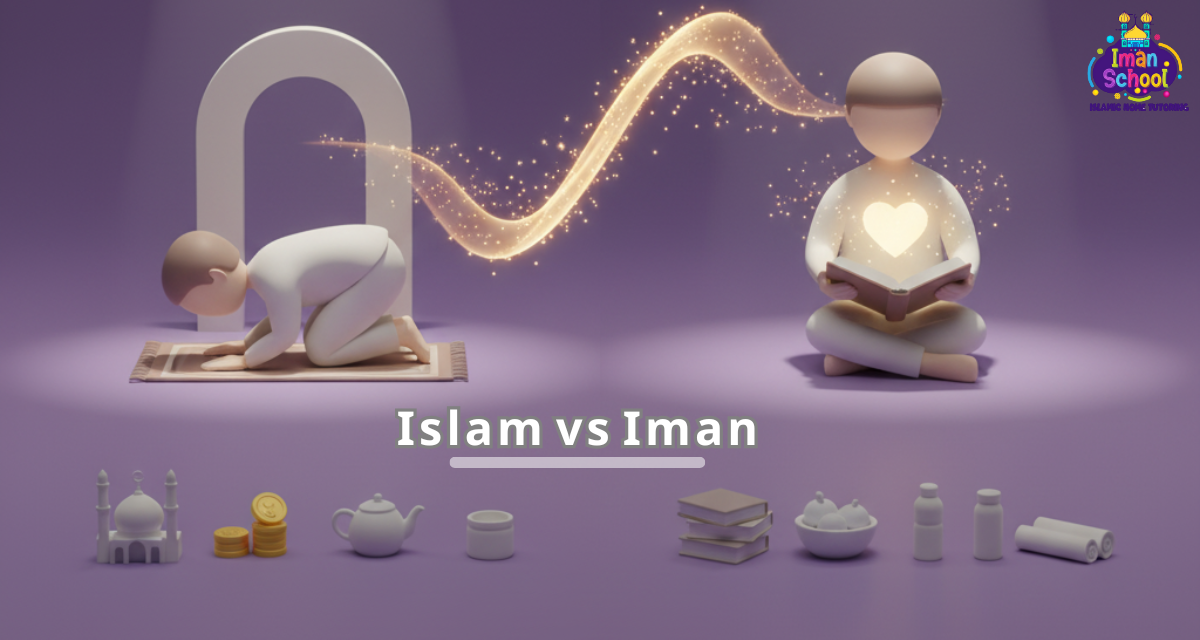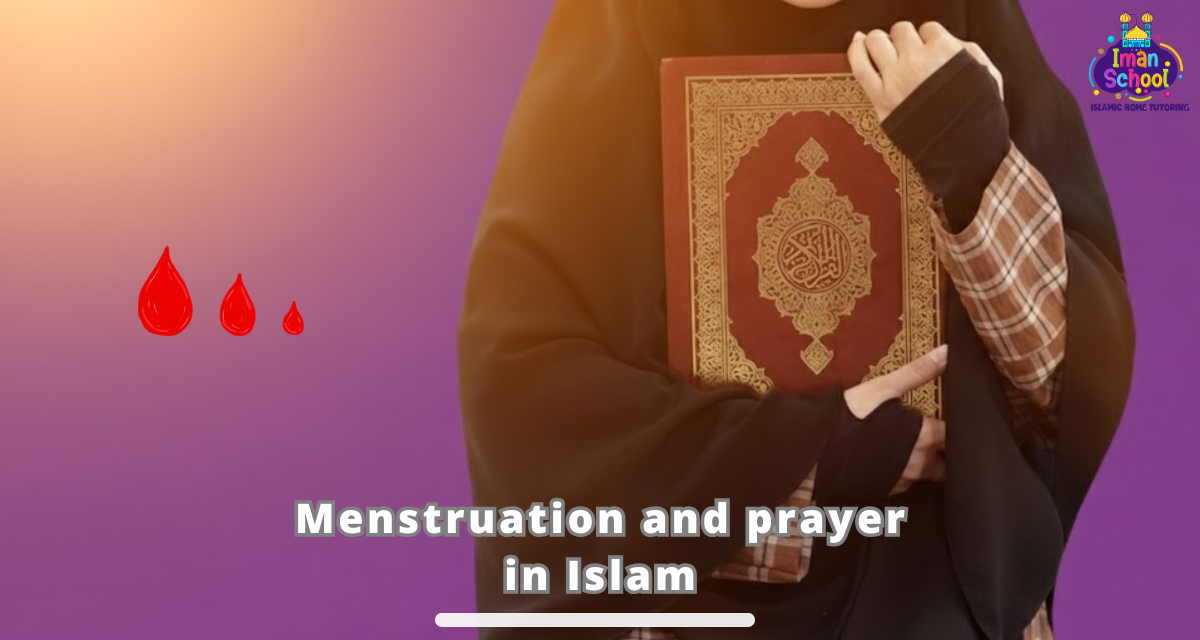The discourse surrounding Human Rights in Islam is as profound as it is often misunderstood in contemporary global conversations. Far from being a modern invention or an imported concept, the principles of justice, dignity, and liberty are deeply embedded within the very fabric of Islamic teachings, predating many international human rights declarations.
At its core, Islam presents a divinely ordained framework that recognizes and upholds the inherent worth and fundamental freedoms of every individual, irrespective of their background. Understanding what is Human Rights in Islam requires delving into its sacred texts and the exemplary life of Prophet Muhammad (peace be upon him), revealing a comprehensive system designed to foster a just and compassionate society.
What are Human Rights in Islam? A Core Principle
The essence of Human Rights in Islam stems directly from the concept of Tawheed – the absolute Oneness of God. This foundational belief dictates that all humanity originates from a single Creator, making all individuals inherently equal in dignity and worth before Allah. This divine origin bestows upon every human being certain inalienable rights that no government, society, or individual can arbitrarily violate. The Islamic perspective posits that these rights are not granted by rulers or charters, but by Allah Himself, making them sacred and immutable. They are inherent, not conferred.
This divine mandate provides a unique moral authority to human rights in Islam. It means that upholding these rights is not just a matter of legal compliance but an act of worship and obedience to God. Conversely, violating them is considered a transgression against divine command, carrying both worldly and otherworldly consequences.
For those seeking comprehensive insights, numerous resources like "human rights in islam pdf" documents and academic papers delve into the intricate theological and jurisprudential foundations of these rights. The very phrase humans rights in Islam thus signifies a spiritual imperative alongside a social responsibility, emphasizing a deeply integrated worldview where rights and duties are intrinsically linked.
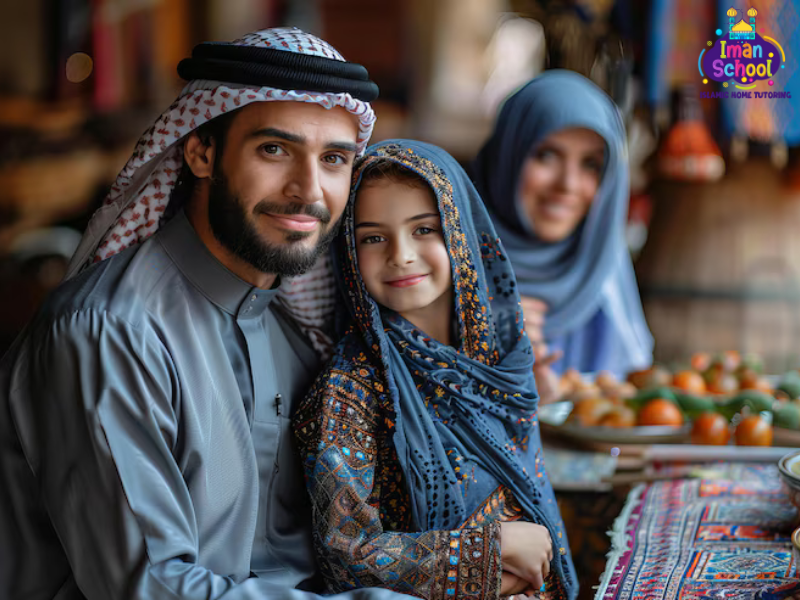
The Paramount Importance of Human Rights in Islam
The importance of Human Rights in Islam is multifaceted, reflecting its holistic approach to human existence. These rights are not peripheral but central to the Islamic worldview, serving as a blueprint for a just, equitable, and harmonious society.
Establishing Justice and Fairness for All
Islam places immense emphasis on justice ('Adl) as a supreme virtue. The Quran repeatedly enjoins believers to uphold justice, even against themselves, their loved ones, or adversaries. Human rights in the Quran are the practical manifestation of this divine command for justice. They provide the necessary safeguards to ensure fairness in all dealings, protect the vulnerable, and prevent oppression.
The Prophet Muhammad (peace be upon him) himself was a beacon of justice, and his teachings consistently emphasized treating all individuals with equity and respect, setting an unparalleled standard for future generations. This unwavering commitment to justice is a cornerstone of Islamic governance and individual conduct.
Fostering Inherent Human Dignity
Every human being is honored by Allah, as stated in the Quran: "And We have certainly honored the children of Adam." (Quran 17:70). This inherent dignity (Karama) is the bedrock upon which Human Rights in Islam are built. These rights ensure that individuals are not exploited, humiliated, or treated as mere objects, but rather as beings endowed with reason, free will, and inherent value.
Upholding human rights thus becomes an act of respecting Allah's creation and honoring the trust He has placed in humanity as His vicegerents on Earth. This divine recognition of dignity elevates human status and demands respectful treatment from all.
Ensuring Social Harmony and Stability
When human rights are recognized and protected within a society, it leads to greater peace, stability, and collective well-being. Grievances are addressed, disputes are resolved justly, and individuals feel secure in their lives, property, and beliefs.
This sense of security, stemming from the assurance of human rights and fundamental rights in Islam, fosters trust among citizens and strengthens the social fabric, preventing discord and chaos. Islamic jurisprudence has always sought to ensure societal welfare (Maslaha), and human rights are instrumental in achieving this goal by promoting mutual respect and discouraging tyranny.
Also read about: The Noble Hadith
A Comprehensive List of Human Rights in Islam
Unlike some modern declarations, the rights articulated in Islam are not merely abstract ideals but are often accompanied by specific injunctions and practical examples. A "list of human rights in Islam" is extensive, covering various aspects of an individual's life and interactions.
1- The Right to Life and Security
The preservation of human life is paramount in Islam. The Quran states: "whoever kills a soul unless for a soul or for corruption [done] in the land - it is as if he had slain mankind entirely. And whoever saves one - it is as if he had saved mankind entirely." (Quran 5:32). This emphasizes the sanctity of life, prohibiting unlawful killing, murder, and even suicide. This right extends to providing basic necessities for life and protecting individuals from harm.
2- The Right to Liberty and Freedom from Slavery
Islam fundamentally condemns involuntary servitude. The Prophet Muhammad (peace be upon him) actively encouraged the emancipation of slaves, making it a highly rewarding act of charity.
While complete freedom of speech is protected, it is balanced with responsibility, prohibiting slander, defamation, and incitement to hatred. Freedom of belief is also enshrined, with the famous Quranic verse: "There shall be no compulsion in [acceptance of] the religion." (Quran 2:256), highlighting the individual's free choice in matters of faith.
3- The Right to Equality and Non-Discrimination
All individuals are equal before Allah, regardless of race, ethnicity, gender, or social status. The Quran states: "Indeed, the most noble of you in the sight of Allah is the most righteous of you." (Quran 49:13). This principle abolishes discrimination and emphasizes merit based on piety and good deeds, not lineage or wealth. It ensures equal opportunities and treatment under the law.
4- The Right to Justice and Fair Treatment
Every individual has the right to justice and fair treatment, irrespective of their position or the circumstances. Islam commands judges to rule justly, and individuals to bear witness truthfully, even if it is against themselves or their kin. The principles of innocent until proven guilty, the right to a fair trial, and protection against false accusation are all integral to Islamic judicial processes. No one is above the law.
5- The Right to Dignity, Honor, and Privacy
As mentioned earlier, human dignity is divinely endowed. This right protects individuals from insult, ridicule, defamation, and any form of humiliation. Privacy is also protected, forbidding spying, backbiting, unauthorized entry into private spaces, and intrusive questioning. Respect for an individual's reputation is highly valued.
Learn more about: Tawheed Meaning in Islam
6- The Right to Property and Ownership
Islam recognizes and protects an individual's right to legitimately acquired property. Unlawful seizure, theft, fraud, and usury are strictly prohibited. This right also extends to inheritance, ensuring that wealth is justly distributed according to divine law, safeguarding family and individual assets.
7- The Right to Education and Knowledge
Seeking knowledge is considered an obligation in Islam for both men and women. The Prophet (peace be upon him) emphasized its importance, stating, "Seeking knowledge is an obligation upon every Muslim." This implies a right to access education to fulfill this religious duty, promoting literacy, intellectual development, and spiritual growth throughout life.
8- The Right to Work and Livelihood
Islam encourages lawful earning and provides for the right to work. It also emphasizes fair wages, safe working conditions, and ethical business practices, ensuring individuals can secure a livelihood with dignity. The protection against exploitation in the workplace is a clear aspect of Human Rights in Islam, advocating for justice in economic transactions.
9- Rights of Women
Islam granted women numerous rights long before many modern societies, including the right to education, to work, to own and manage property independently, to inherit, to vote (in a broad sense of participation in community affairs), and to choose their spouse. It recognized their spiritual equality with men and safeguarded their roles as mothers, daughters, and wives with specific injunctions for their protection and well-being.
10- Rights of Children
Children have distinct rights to care, sustenance, education, and protection from harm, neglect, and exploitation. Parents are enjoined to raise them with compassion, provide for their spiritual and physical well-being, and ensure their proper upbringing.
11- Rights of Minorities (Non-Muslims)
Islam guarantees the rights of non-Muslim minorities living in Muslim lands, including their right to practice their religion freely, security of life and property, and protection from oppression. Historical examples of Muslim rule often highlight this principle of tolerance and protection for religious minorities (Ahl al-Dhimma), ensuring their communal autonomy within the Islamic state. This aspect often becomes central in discussions about human rights in Islamic countries.
See also: Zakat in Islam
Human Rights and Fundamental Rights in Islam: A Deeper Conceptual Dive
The distinction between human rights and fundamental rights in Islam lies not in a legalistic separation, but in their inherent conceptual depth. Islamic rights are fundamentally rooted in theological principles, not merely secular agreements or philosophical discourse. They are "fundamental" because they are divinely ordained, making them unalterable by human decree. This divine source provides these rights with a moral weight and universal applicability that transcends cultural or temporal boundaries.
Unlike rights derived from social contracts, Islamic human rights are an extension of Allah's justice and mercy. They are a trust (Amanah) given to humanity. This elevates the discussion of rights from mere legal obligations to spiritual responsibilities, emphasizing accountability not just to society but to God. This conceptual framework provides a robust and enduring basis for upholding human dignity and freedom. For further reading, a comprehensive "human rights in islam book" would explore these philosophical underpinnings in detail.
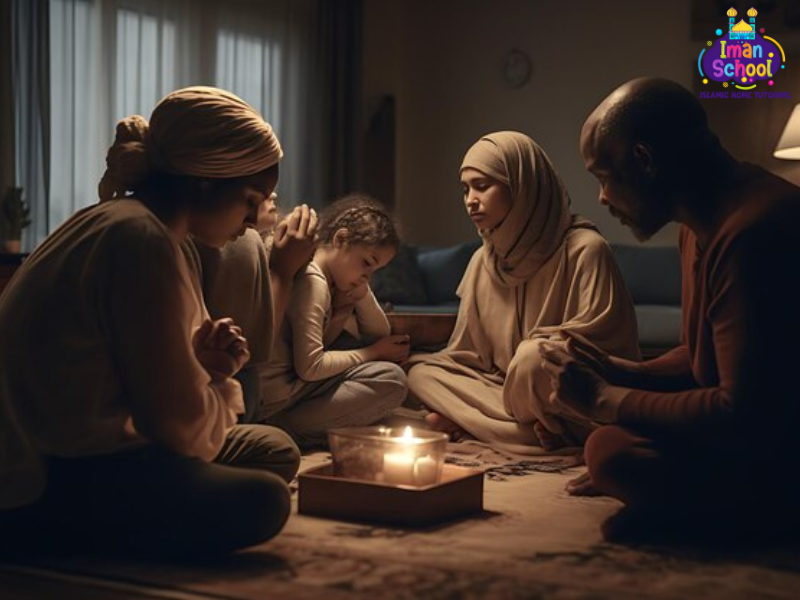
Human Rights in Islamic Countries: Ideals and Realities
The application and enforcement of human rights in Islamic countries present a complex picture. While the theoretical framework of human rights in Islam is robust and comprehensive, its practical implementation has varied significantly across different eras and contemporary states. The challenges often stem from political factors, historical contexts, cultural interpretations, and the divergence between Islamic ideals and actual governance.
Many Islamic countries have incorporated elements of human rights into their constitutions and legal systems. However, real-world issues like political oppression, lack of democratic processes, and specific interpretations of Islamic law can sometimes lead to discrepancies between the ideal Islamic human rights framework and the lived experiences of citizens.
It's crucial to distinguish between the divine principles of Islam, which unequivocally champion justice and dignity, and the actions of specific governments or regimes. Scholarly works and reports on "human rights in islam pdf" often analyze these gaps, advocating for governance that truly reflects the comprehensive and just principles of Islamic law regarding human rights. The ongoing effort in many Muslim-majority nations is to align their legal and social practices more closely with the inherent human rights enshrined in Islamic teachings.
You can also read: Online Quran Education for Children Abroad
FAQ about Human Rights in Islam
Are Human Rights in Islam universal?
Yes, Islam considers human rights universal, applying to all individuals regardless of their religion, race, gender, or social status. Their source is divine, not human-made, making them applicable to all humanity as God's creation.
Do women have equal rights to men in Islam?
Islam grants women extensive rights, including spiritual equality, rights to education, property ownership, financial independence, and a dignified life. While their roles and responsibilities may differ from men's in some aspects (e.g., specific duties within the family structure), these differences are seen as complementary, not indicative of inferiority. The overall framework emphasizes justice and dignity for both genders.
Does Islam permit freedom of religion?
Islam explicitly states "There shall be no compulsion in [acceptance of] the religion" (Quran 2:256). Historically, Islamic societies have demonstrated tolerance towards non-Muslims, allowing them to practice their faiths. This protection extends to their places of worship and customs, as long as they do not threaten public order.
How does Islam protect minorities?
Non-Muslim minorities (Ahl al-Dhimma) in Islamic societies have historical rights to protection of life, property, and religious freedom. They are not forced to convert and are entitled to justice and fairness under Islamic law.
Where can I find more in-depth information about?
Human Rights in Islam? Many academic works, Islamic research centers, and online resources provide detailed studies. Searching for "human rights in islam book" or "human rights in islam pdf" can lead to valuable scholarly materials that delve into Hadith, Quranic verses, and jurisprudential discussions.
Iman School's Role in Understanding Human Rights in Islam & Further Studies
Understanding Human Rights in Islam is not merely an academic exercise; it's fundamental to comprehending the beauty and justice of the Islamic faith. At Iman School, the best school for learning Quran and Islamic studies online we are dedicated to providing comprehensive and authentic Islamic education that covers not only the rituals of worship but also the ethical and moral frameworks that govern a Muslim's life. Our courses delve into the Quran and Sunnah, offering insights into topics like:
-
Islamic Ethics and Morality: How the Quran and Sunnah guide our conduct.
-
Fiqh (Islamic Jurisprudence): Understanding the practical application of Islamic law, including aspects related to rights and obligations.
-
The Prophet's Seerah (Biography): Learning about Prophet Muhammad's life as the ultimate example of upholding justice and rights.
-
Tafsir (Quranic Exegesis): Deepening one's understanding of Quranic verses related to human dignity, justice, and equality.
By studying these subjects with qualified scholars at Iman School, you can gain a profound and nuanced understanding of how Islam champions human rights. Our commitment is to empower you with knowledge rooted in authentic sources, enabling you to appreciate the holistic vision of justice and compassion inherent in our faith.
Islam – A Timeless Champion of Human Dignity
The principles of Human Rights in Islam are divinely inspired, comprehensive, and universally applicable, providing a timeless framework for justice, dignity, and compassion. Rooted in the Oneness of Allah and the sanctity of human life, these rights encompass every facet of an individual's existence, from the right to life and liberty to equality, justice, and protection for all, including minorities and vulnerable groups. While challenges in implementation may exist in various contexts, the Islamic ideal remains clear: to uphold the inherent dignity of every human being as ordained by the Creator.

